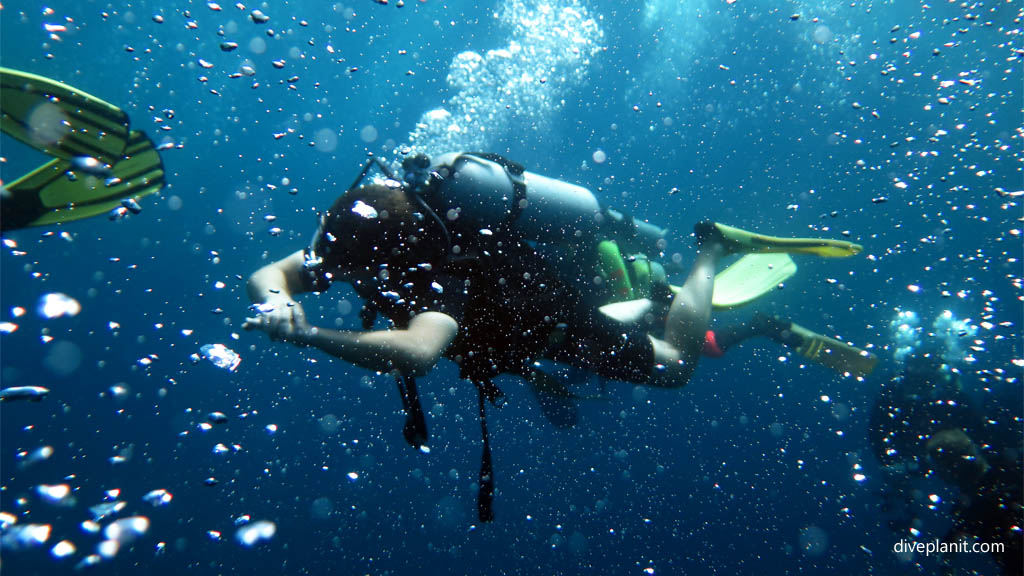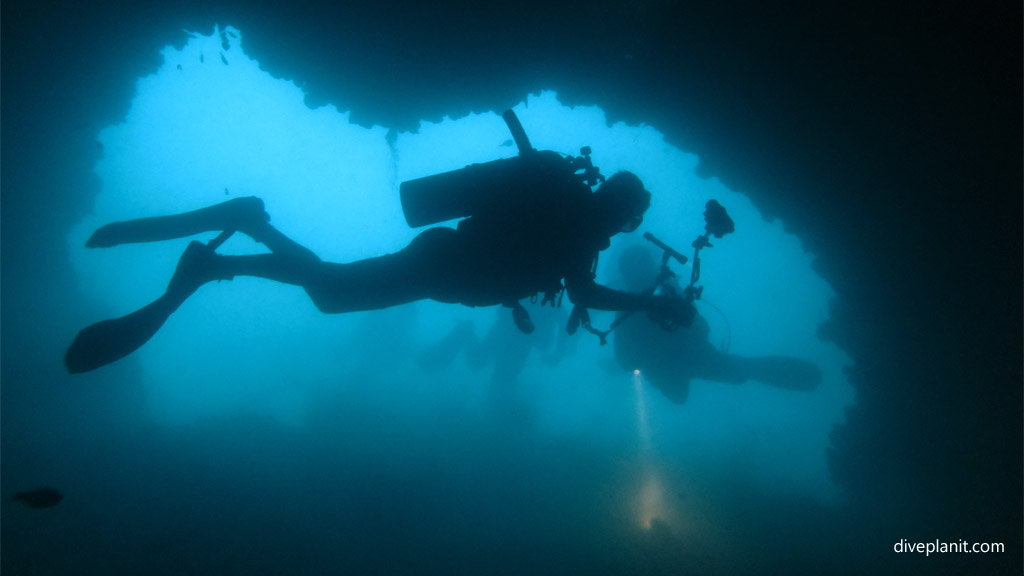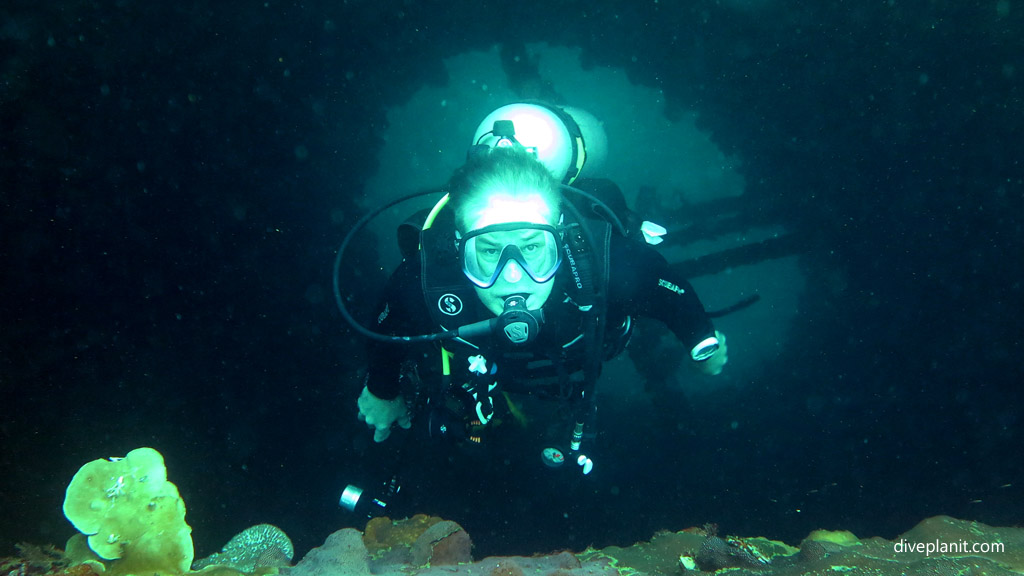For those of us who have had to abort a scuba dive – in retrospect many of us would have been better off not getting into the water in the first place! We know that now, but why didn’t we think that way before the dive?
DAN AP’s General Manager, Scott Jamieson, explains why in this unabridged article from AlertDiver Magazine.
DURING OUR BASIC dive training we are taught that if a dive doesn’t feel right we should abort it. The reality is, despite these lessons, many people find themselves on dives for which they lack the confidence or experience to be undertaking. This places unnecessary stress on the diver, both physically and mentally, and this can lead to unnecessary incidents involving injury or even death.
Every diver should know their limits – should know what dives they should be doing and the ones they should avoid. However, this knowledge is only half the equation; the remainder is the confidence to say no to a dive, even if you have arrived at the site, have suited up, or even after you’ve started the dive.
No diver should ever feel pressure to complete a dive they are uncomfortable with, and this is something buddies should discuss. It should be clear that there is no issue with aborting a dive, and it should be understood, by both buddies, that if either one feels uncomfortable they both end the dive immediately.
At DAN AP we see all kinds of diving accidents and injuries. Unfortunately, a number of these are the result of divers participating in dives they were uncomfortable with from the outset. We hear of divers expressing doubts about some aspect of the dive, going ahead with the dive anyway, and then having an issue during the dive, which led to an injury, or worse.
In order for divers to make an informed decision as to whether or not to complete a dive, it is important for divers to know, from the outset:
- their personal limits (type of dives they are comfortable doing, level of training, etc.);
- the type of dive to be undertaken;
- the conditions expected and possible hazards.
Being able to make such decisions is an important part of every diver’s pre-dive checklist, as important as checking your cylinder contents or putting on your mask. If you don’t feel confident about doing a dive, tell the dive leader or tell your buddy: “I think I will sit this one out.” It’s much better to make this call early than to become a statistic in DAN AP’s incident reports.
Dive safely, Scott Jamieson, DAN AP General Manager
More about DAN AP.
If you liked this post, you might also like What is remote diving? We asked DAN AP






